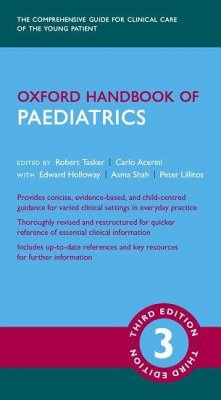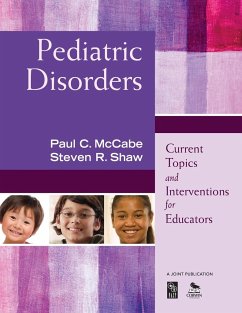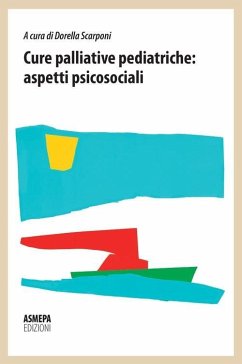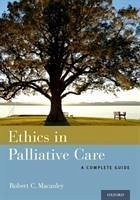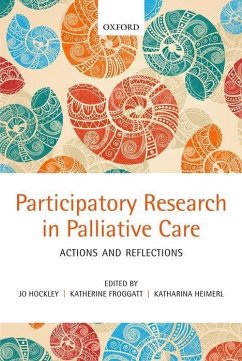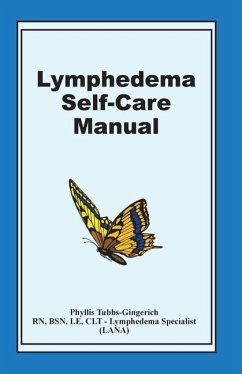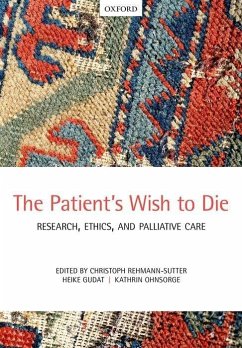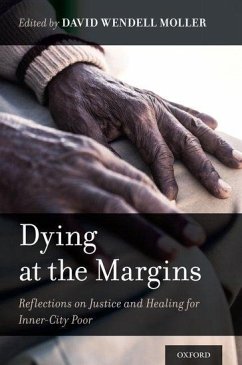
Childness and the Myth of the Unfinished Human
End of Life Medical Ethics in Children
Versandkostenfrei!
Erscheint vorauss. 18. April 2026
82,99 €
inkl. MwSt.

PAYBACK Punkte
41 °P sammeln!
This book offers a radical reassessment of the value of a child; one that does not rely on reference to her value to adults, or to her resemblance to adults, or even to her potential to become an adult in the future. Children are typically utterly dependent on adults to speak for them. The main thesis of this book is that, when it comes to moral reasoning, such dependence on adults can leave children deeply vulnerable. Ethical theories often privilege characteristics such as rational autonomy which are normal for adults, but do not characterise the normal child. Or they might reference the val...
This book offers a radical reassessment of the value of a child; one that does not rely on reference to her value to adults, or to her resemblance to adults, or even to her potential to become an adult in the future. Children are typically utterly dependent on adults to speak for them. The main thesis of this book is that, when it comes to moral reasoning, such dependence on adults can leave children deeply vulnerable. Ethical theories often privilege characteristics such as rational autonomy which are normal for adults, but do not characterise the normal child. Or they might reference the value a child has to the adults around her, rather than explaining a child's value in her own terms. Bioethics is, on the whole, unapologetically adult-normative. The author argues that such adult-normative ethical theories do not serve children well. He draws both on his research as a moral theologian and on his experience as a paediatrician specialising in the care of dying children to show how current ethical theories do not adequately explain a child's value. He sets out an explanation of that value that does not reference adults, but rather is explained in a child's own terms. He then goes on to show how some of the commoner practical ethical quandaries in children at the end of life might be considered in the light of that theory. This book is aimed at ethicists and moral philosophers/theologians, including (but not limited to) those with a clinical background, as well as medical and law students with an interest in ethics in children. Because it links moral reasoning with practical recommendations, it will also interest doctors and nurses working with children in disciplines such as palliative care, intensive care, psychiatry, and those working alongside clinical teams in bioethics and chaplaincy.



